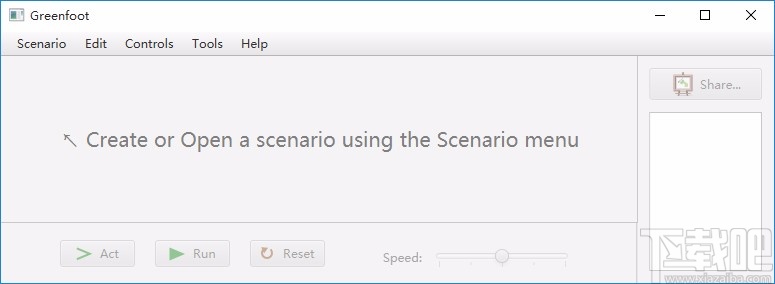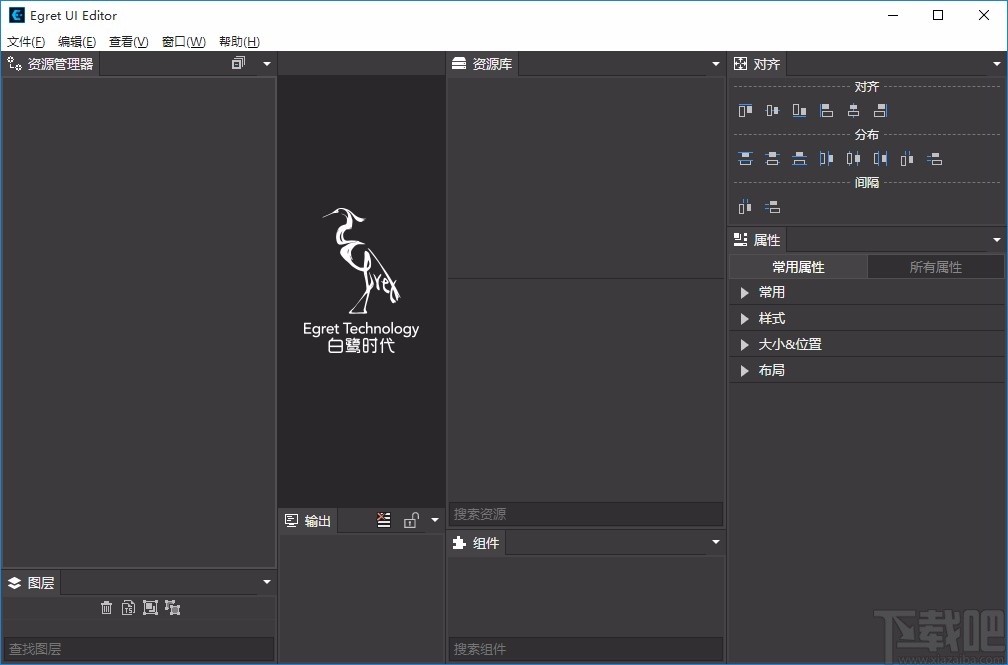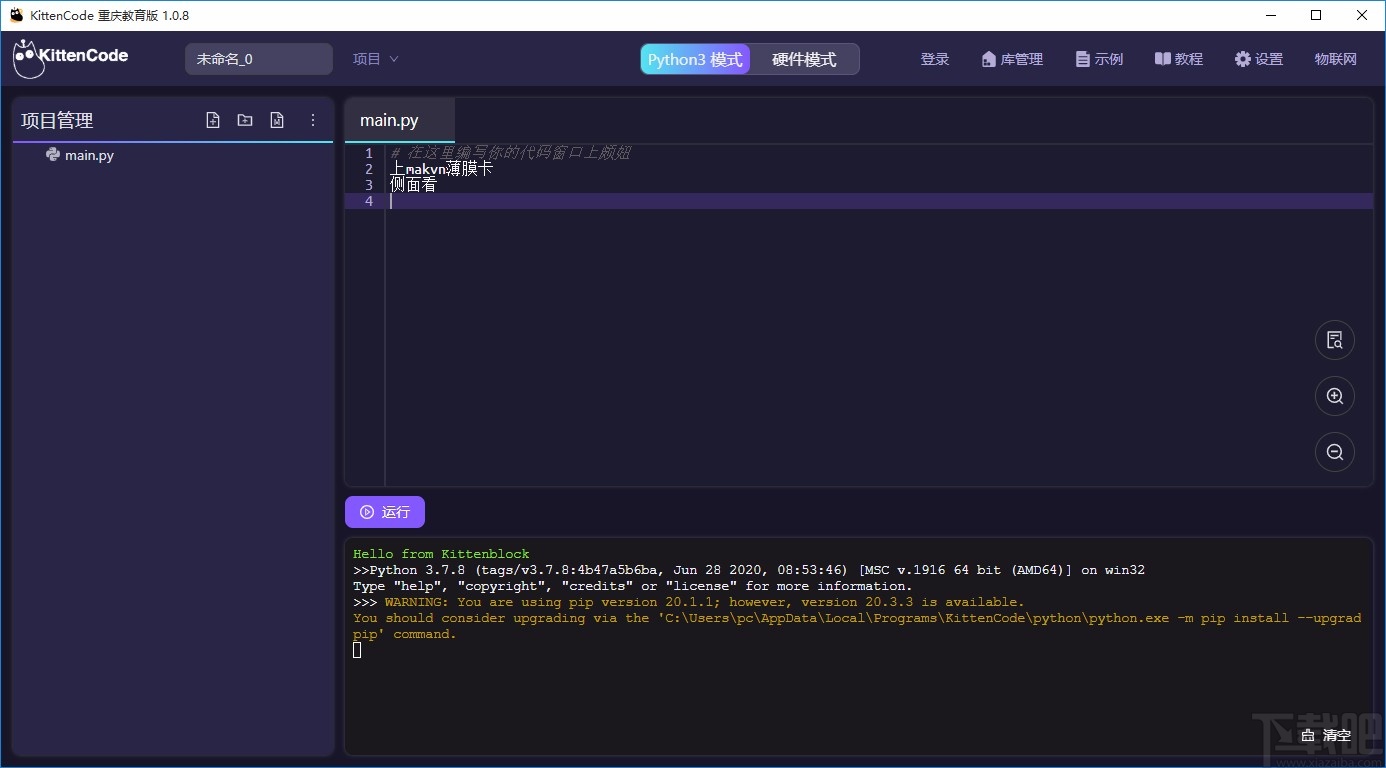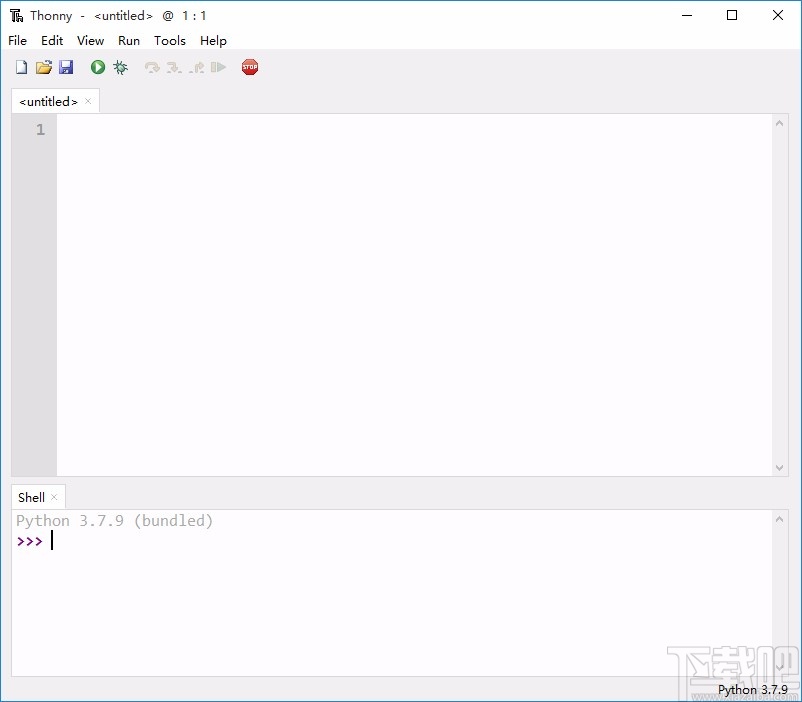Network Working Group R. Hinden
Request for Comments: 2732 Nokia
Category: Standards Track B. Carpenter
IBM
L. Masinter
AT&T
December 1999
Format for Literal IPv6 Addresses in URL"s
Status of this Memo
This document specifies an Internet standards track protocol for the
Internet community, and requests discussion and suggestions for
improvements. Please refer to the current edition of the "Internet
Official Protocol Standards" (STD 1) for the standardization state
and status of this protocol. Distribution of this memo is unlimited.
Copyright Notice
Copyright (C) The Internet Society (1999). All Rights Reserved.
Abstract
This document defines the format for literal IPv6 Addresses in URL"s
for implementation in World Wide Web browsers. This format has been
implemented in the IPv6 versions of several widely deployed browsers
including Microsoft Internet EXPlorer, Mozilla, and Lynx. It is also
intended to be used in the IPv6 version of the service location
protocol.
This document incudes an update to the generic syntax for Uniform
Resource Identifiers defined in RFC2396 [URL]. It defines a syntax
for IPv6 addresses and allows the use of "[" and "]" within a URI
explicitly for this reserved purpose.
1. IntrodUCtion
The textual representation defined for literal IPv6 addresses in
[ARCH] is not directly compatible with URL"s. Both use ":" and "."
characters as delimiters. This document defines the format for
literal IPv6 Addresses in URL"s for implementation in World Wide Web
browsers. The goal is to have a format that allows easy "cut" and
"paste" operations with a minimum of editing of the literal address.
The format defined in this document has been implemented in the IPv6
versions of several widely deployed browsers including Microsoft
Internet Explorer, Mozilla, and Lynx. It is also intended to be used
in the IPv6 version of the service location protocol.
1.1 Requirements
The keyWords MUST, MUST NOT, REQUIRED, SHALL, SHALL NOT, SHOULD,
SHOULD NOT, RECOMMENDED, MAY, and OPTIONAL, if and where they appear
in this document, are to be interpreted as described in [KEYWORDS].
World Wide Web browsers SHOULD implement the format of IPv6 literals
in URL"s defined in this document. Other types of applications and
protocols that use URL"s MAY use this format.
2. Literal IPv6 Address Format in URL"s Syntax
To use a literal IPv6 address in a URL, the literal address should be
enclosed in "[" and "]" characters. For example the following
literal IPv6 addresses:
FEDC:BA98:7654:3210:FEDC:BA98:7654:3210
1080:0:0:0:8:800:200C:4171
3ffe:2a00:100:7031::1
1080::8:800:200C:417A
::192.9.5.5
::FFFF:129.144.52.38
2010:836B:4179::836B:4179
would be represented as in the following example URLs:
http://[FEDC:BA98:7654:3210:FEDC:BA98:7654:3210]:80/index.Html
http://[1080:0:0:0:8:800:200C:417A]/index.html
http://[3ffe:2a00:100:7031::1]
http://[1080::8:800:200C:417A]/foo
http://[::192.9.5.5]/ipng
http://[::FFFF:129.144.52.38]:80/index.html
http://[2010:836B:4179::836B:4179]
3. Changes to RFC2396
This document updates the generic syntax for Uniform Resource
Identifiers defined in RFC2396 [URL]. It defines a syntax for IPv6
addresses and allows the use of "[" and "]" within a URI explicitly
for this reserved purpose.
The following changes to the syntax in RFC2396 are made:
(1) change the "host" non-terminal to add an IPv6 option:
host = hostname IPv4address IPv6reference
ipv6reference = "[" IPv6address "]"
where IPv6address is defined as in RFC2373 [ARCH].
(2) Replace the definition of "IPv4address" with that of RFC2373, as
it correctly defines an IPv4address as consisting of at most three
decimal digits per segment.
(3) Add "[" and "]" to the set of "reserved" characters:
reserved = ";" "/" "?" ":" "@" "&" "=" "+"
"$" "," "[" "]"
and remove them from the "unwise" set:
unwise = "{" "}" "" "" "^" "`"
4. Security Considerations
The use of this approach to represent literal IPv6 addresses in URL"s
does not introduce any known new security concerns.
5. IANA Considerations
None.
6. Authors" Addresses
Robert M. Hinden
Nokia
313 Fairchild Drive
Mountain View, CA 94043
USA
Phone: +1 650 625 2004
EMail: hinden@iprg.nokia.com
Web: http://www.iprg.nokia.com/~hinden
Brian E. Carpenter
IBM
iCAIR, Suite 150
1890 Maple Avenue
Evanston IL 60201
USA
EMail: brian@icair.org
Larry Masinter
AT&T Labs
75 Willow Road
Menlo Park, CA 94025
EMail: LMM@acm.org
Web: http://larry.masinter.net
7. References
[ARCH] Hinden, R. and S. Deering, "IP Version 6 Addressing
Architecture", RFC2373, July 1998.
[STD-PROC] Bradner, S., The Internet Standards Process -- Revision 3,
BCP 9, RFC2026, October 1996.
[URL] Fielding, R., Masinter, L. and T. Berners-Lee, "Uniform
Resource Identifiers: Generic Syntax", RFC2396, August
1998.
8. Full Copyright Statement
Copyright (C) The Internet Society (1999). All Rights Reserved.
This document and translations of it may be copied and furnished to
others, and derivative works that comment on or otherwise explain it
or assist in its implementation may be prepared, copied, published
and distributed, in whole or in part, without restriction of any
kind, provided that the above copyright notice and this paragraph are
included on all such copies and derivative works. However, this
document itself may not be modified in any way, such as by removing
the copyright notice or references to the Internet Society or other
Internet organizations, except as needed for the purpose of
developing Internet standards in which case the procedures for
copyrights defined in the Internet Standards process must be
followed, or as required to translate it into languages other than
English.
The limited permissions granted above are perpetual and will not be
revoked by the Internet Society or its successors or assigns.
This document and the information contained herein is provided on an
"AS IS" basis and THE INTERNET SOCIETY AND THE INTERNET ENGINEERING
TASK FORCE DISCLAIMS ALL WARRANTIES, EXPRESS OR IMPLIED, INCLUDING
BUT NOT LIMITED TO ANY WARRANTY THAT THE USE OF THE INFORMATION
HEREIN WILL NOT INFRINGE ANY RIGHTS OR ANY IMPLIED WARRANTIES OF
MERCHANTABILITY OR FITNESS FOR A PARTICULAR PURPOSE.
Acknowledgement
Funding for the RFCEditor function is currently provided by the
Internet Society.




